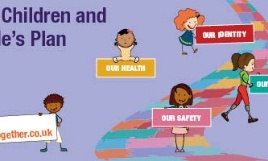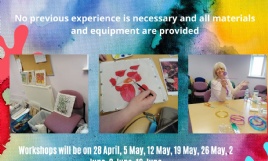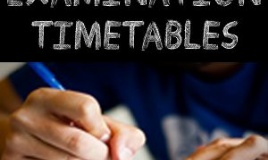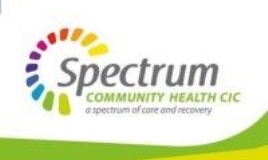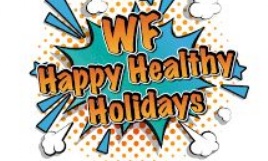Re: Scarlet fever/ Group A strep
You will know from the news that there has been an increase in cases of scarlet fever, above the levels expected for this time of year. Scarlet fever is a common childhood illness caused by group A streptococcus (GAS). It is not usually serious but should be treated with antibiotics to reduce the risk of rare complications (such as pneumonia) and to stop spread to other people.
At this time of year there are also lots of viruses circulating that cause sore throats, colds and coughs. These usually get better without needing any special medical treatment or medicines. However, children can occasionally develop a bacterial infection on top of a virus and that can make them become more unwell.
The ‘Healthier Together’ website has lots of information about children’s health, including scarlet fever and Group A strep. It is produced by the Royal College of Paediatrics and Child Health and local health professionals.
Group A Strep and Scarlet Fever :: West Yorkshire Healthier Together (wyhealthiertogether.nhs.uk)
Signs and symptoms of scarlet fever
- Early symptoms are flu-like and include headache, fever, severe sore throat and sometimes feeling or being sick.
- A rash appears 12 to 48 hours later, usually first on the chest and stomach, then to other parts of the body. The rash is red and feels like sandpaper. The rash may be harder to spot on darker skin, but will still have the ‘sandpaper’ feel.
- Bright red ‘strawberry tongue’ (see pictures on Healthier Together website)
- Patients often have flushed red cheeks
If you think you, or your child, might have scarlet fever:
- contact your GP or NHS 111 as soon as possible
- make sure that you or your child complete the course of antibiotics even if you feel better quickly. This is so that you do not spread the infection to others.
- Stay at home and do not go to nursery, school or work for at least 24 hours after starting antibiotics. This is so that you do not spread the infection to others.
You can also avoid spreading the infection by washing your hands frequently and not sharing plates, cutlery, clothes, bedding or towels. Cough or sneeze into a tissue and dispose of it immediately.
Invasive Group A Strep (iGAS)
The same bacteria which cause scarlet fever (Group A streptococcus) can also cause a range of other types of infection such as skin infections (impetigo) and severe sore throat. In very rare cases, Group A streptococcus can get into the bloodstream and cause an illness called invasive group A strep (iGAS). It is rare for children with scarlet fever to develop iGAS infection. Although it is still very uncommon, there has been an increase in iGAS cases this year, particularly in children under 10 years old.
As a parent, you should trust your own judgement and seek medical advice if your child is very unwell, if they have got worse since they were seen by a doctor, or if you are worried.
The Healthier Together website has good advice about when to seek urgent help:
Group A Strep and Scarlet Fever :: West Yorkshire Healthier Together (wyhealthiertogether.nhs.uk)
Call 999 or go to A&E if:
- your child is having difficulty breathing – you may notice grunting noises or their tummy sucking under their ribs
- there are pauses when your child breathes
- your child’s skin, tongue or lips are blue
- your child is floppy or will not wake up or stay awake
Contact NHS 111 or your GP if:
- your child is getting worse or you are worried about them
- your child is feeding or eating much less than normal
- your child has had a dry nappy for 12 hours or more or shows other signs of dehydration
- your baby is under 3 months and has a temperature of 38C, or is older than 3 months and has a temperature of 39C or higher
- your baby feels hotter than usual when you touch their back or chest, or feels sweaty
- your child is very tired and drowsy or irritable (unable to settle them with books, TV, food, picking up)


